Cardio-Obstetrics Oakville
Cardio-Obstetrics

What is Cardio-Obstetrics?
The Cardio-Obstetrics clinic is a multi-disciplinary clinic that focuses on women from the preconception period through the post-partum period. In the past, the focus on heart disease in pregnancy was centered upon women with heart disease that was congenital or heritable in nature. This primarily focused on aortopathies, congenital heart disease, pulmonary hypertension and valvular heart diseases. However, in the modern era, there are an increasing number of women with acquired heart diseases and/or significant cardiovascular risk factors, who are becoming pregnant.
The Cardio-Obstetrics clinic at the Chahal Cardiovascular Centre, involves a collaborative approach of care, involving specialists from cardiovascular medicine, obstetrics/gynecology, maternal-fetal medicine, genetic specialists, perioperative care/anesthesiologists, and cardiovascular surgery, among many other sub-specialities.
The Cardio-Obstetrics Clinic at C³ Provides:
- Pre-Pregnancy assessment:
- - For women with heart disease who are planning pregnancy
- - For women without heart disease but with cardiac risk factors who are planning pregnancy
- Specialized cardiovascular care for women throughout their pregnancy, delivery and in the post-partum period
- Specialized cardiac care for women who develop peripartum cardiomyopathy, or other cardiovascular conditions related to pregnancy
How does Pregnancy Affect the Heart?
Pregnancy is associated with significant physiological changes in the cardiovascular system. These physiological changes can highlight previously unknown cardiac pathology, which is why pregnancy is deemed “Nature’s Stress Test”. In fact, cardiovascular disease in pregnancy is the leading cause of maternal mortality in North America¹.
During pregnancy, there are physiological changes in the cardiovascular system that occur naturally, which cause the maternal heart to work harder to meet the metabolic demands for fetal growth and development. These changes include an increase in blood volume by 30-50% in order to provide nutrient rich blood for the growing baby. The resting heart rate increases by 20-25% above baseline, throughout pregnancy. Structurally the heart remodels, with an increase in the muscle wall thickness of the lower chamber (left ventricle). Myocardial contractility (pumping function of the right and left ventricle) typically does not change during pregnancy. However, with the combination of the increased blood volume and increased heart rate, the heart is able to pump more blood per minute, with each heartbeat.
Labour and Delivery poses additional stress on the maternal cardiovascular system, with rapid shifts in the heart rate and blood volume, such that the amount of blood pumped per minute can increase 60-80% above the levels noted before the onset of labour. It takes several weeks post-partum for the cardiovascular system to return to baseline levels reflecting the pre-pregnancy state.

Cardiovascular Conditions that Effect Pregnancy
There are a number of cardiovascular conditions that are affected by the physiological changes of pregnancy. The potential of pregnancy related cardiovascular complications, are dependent upon the nature and severity of the underlying cardiovascular condition. Having a cardiologist with combined expertise in cardiovascular obstetrics and advanced heart failure is vital to help manage these conditions safely, using a multi-disciplinary team approach.
These cardiovascular conditions include:
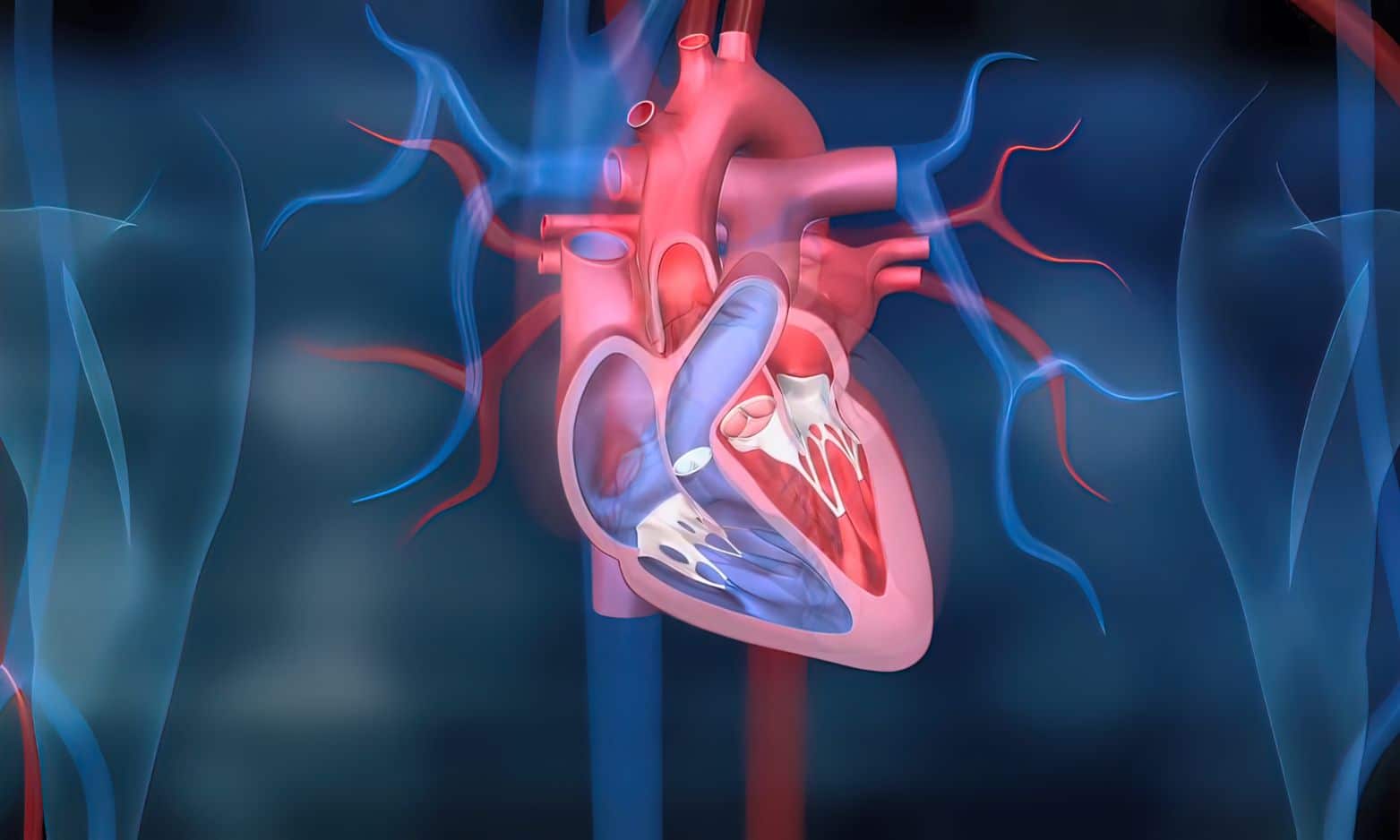
Valvular Heart Disease
If the heart valves are not working properly, there are certain valve related complications that may first become apparent during pregnancy. Narrowing of the aortic or mitral valve (aortic stenosis, or mitral stenosis, respectively) can pose life-threatening risks to both the mother and the baby, as it may be challenging for these narrowed valves to tolerate the increased blood volume and increased heart rate.
Having a mechanical heart valve, can also pose concerns, particularly with respect to the management of anticoagulation during pregnancy and at the time of delivery. Tight control of anticoagulation is imperative to mitigate the risk of bleeding versus blood clotting (thrombosis), which may inevitably lead to a stroke.
Artificial heart valves also increase the risk of becoming infected (endocarditis), which can be life-threatening to both the mother and the developing fetus.
Heart Failure
If the heart function is weakened, or the ability of the heart to relax is impaired, the symptoms of heart failure may manifest during pregnancy due to the increased blood volume.
Peripartum cardiomyopathy is a type of cardiomyopathy that develops in the last month of pregnancy or within five months postpartum, whereby the contractility of the heart is impaired and unable to meet the needs of the body.
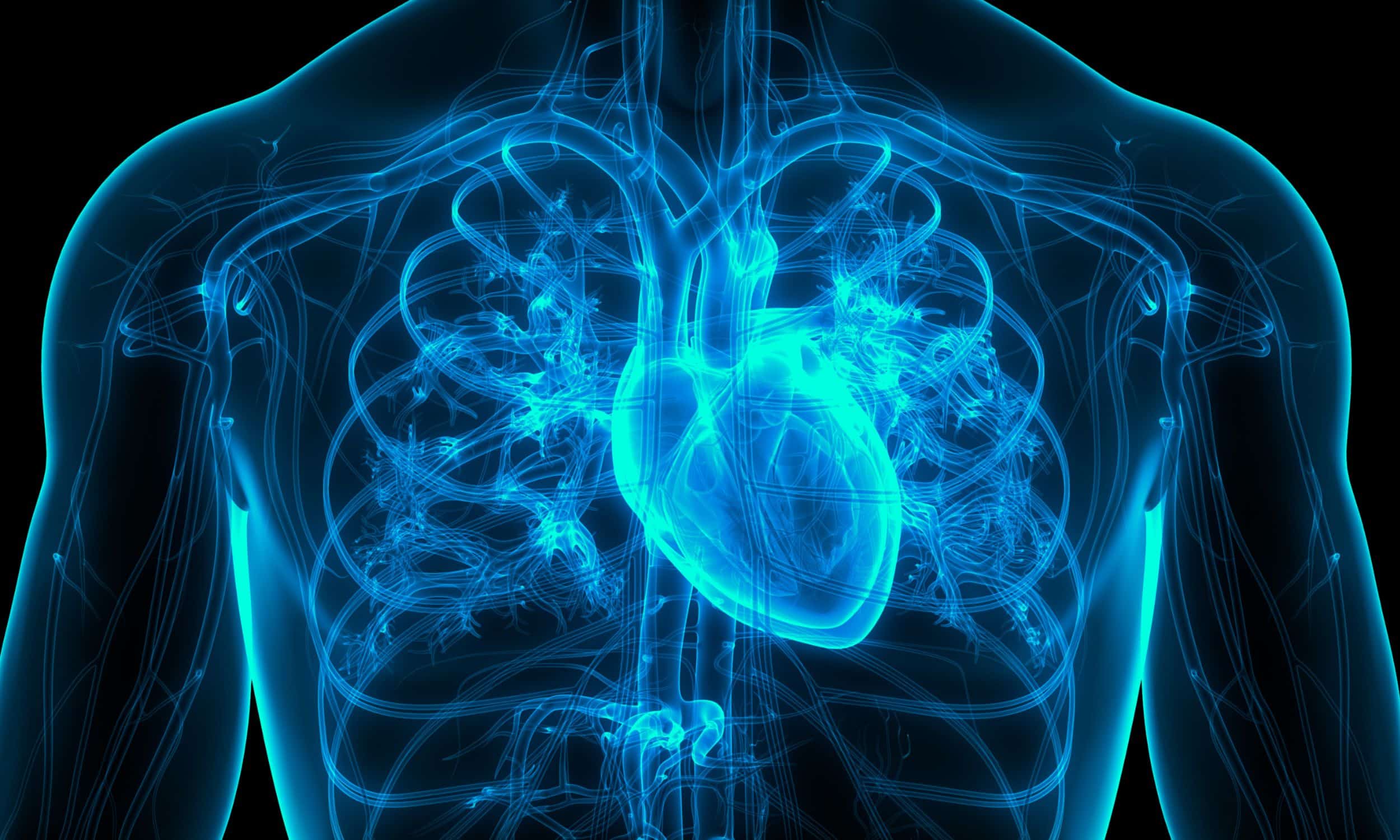
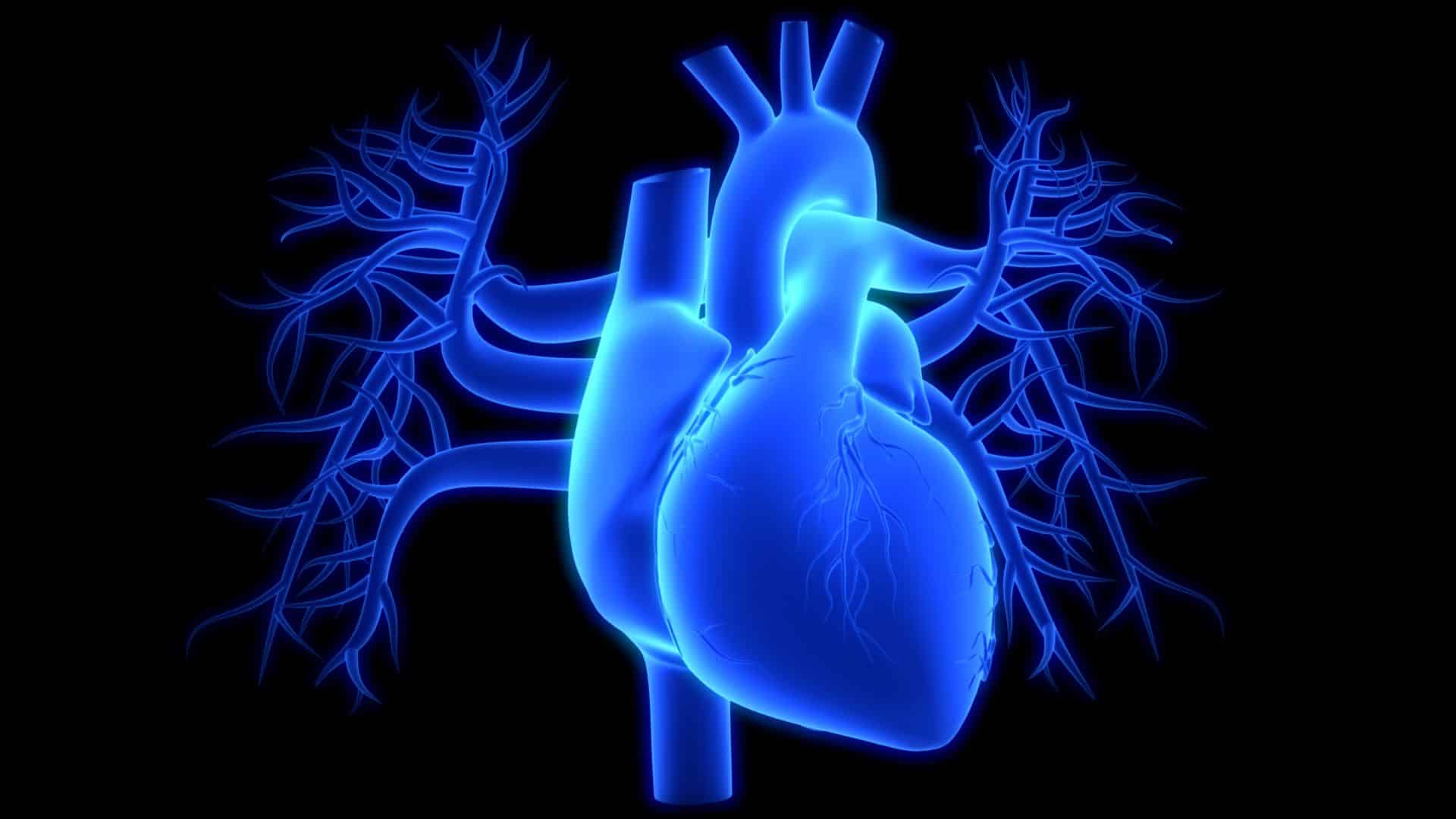
Congenital Heart Disease
Having a congenital heart condition may pose certain unique challenges throughout pregnancy due to physiological changes in the cardiovascular system. While most patients with congenital heart conditions can be managed through pregnancy with the appropriate care plan, there are certain rare congenital conditions, such as high blood pressure that affects the arteries of the lungs (pulmonary arterial hypertension) or Eisenmenger’s syndrome where pregnancy is not recommended.
Having a congenital heart condition may increase the likelihood of the new baby having the congenital heart condition as well. Discussion with your Obstetrics team, Genetic specialist and Cardiologist is important prior to pregnancy, to formulate a plan that ensures the safest care possible throughout pregnancy and in the peripartum phase.
Vascular Disease
Having a connective tissue disorder, such as Marfan’s Syndrome, or Ehler’s Danlos Syndrome increases the risk of an aortopathy (weakening of the aortic wall). The combination of the hormonal changes during pregnancy and the physiological changes on the cardiovascular system, weaken the aortic wall, which may lead to an aortic dissection (tear in the aortic wall), aneurysm (dilatation of the aortic wall), or perforation (rupture of the aortic wall), which could be life threatening.
Spontaneous Coronary Artery Dissection (SCAD), is a tear in the coronary arteries that feed the heart muscle. Although the causes remain largely unknown, it may occur during pregnancy or during the first few weeks post-partum. When the inner layers of the artery separate from the outer layers, the pressure of blood that continues to accumulate within these two layers, can lengthen the tear. As blood is stagnant within the tear, it can also form a blood clot. SCAD can cause a heart attack, if this clot occludes the blood vessel, compromising oxygen flow to the heart muscle itself. (Note: A heart attack caused by SCAD is much different than that caused from atherosclerosis (“hardening of the arteries)). Over time, this compromised blood flow to the heart muscle, may lead to pump failure.
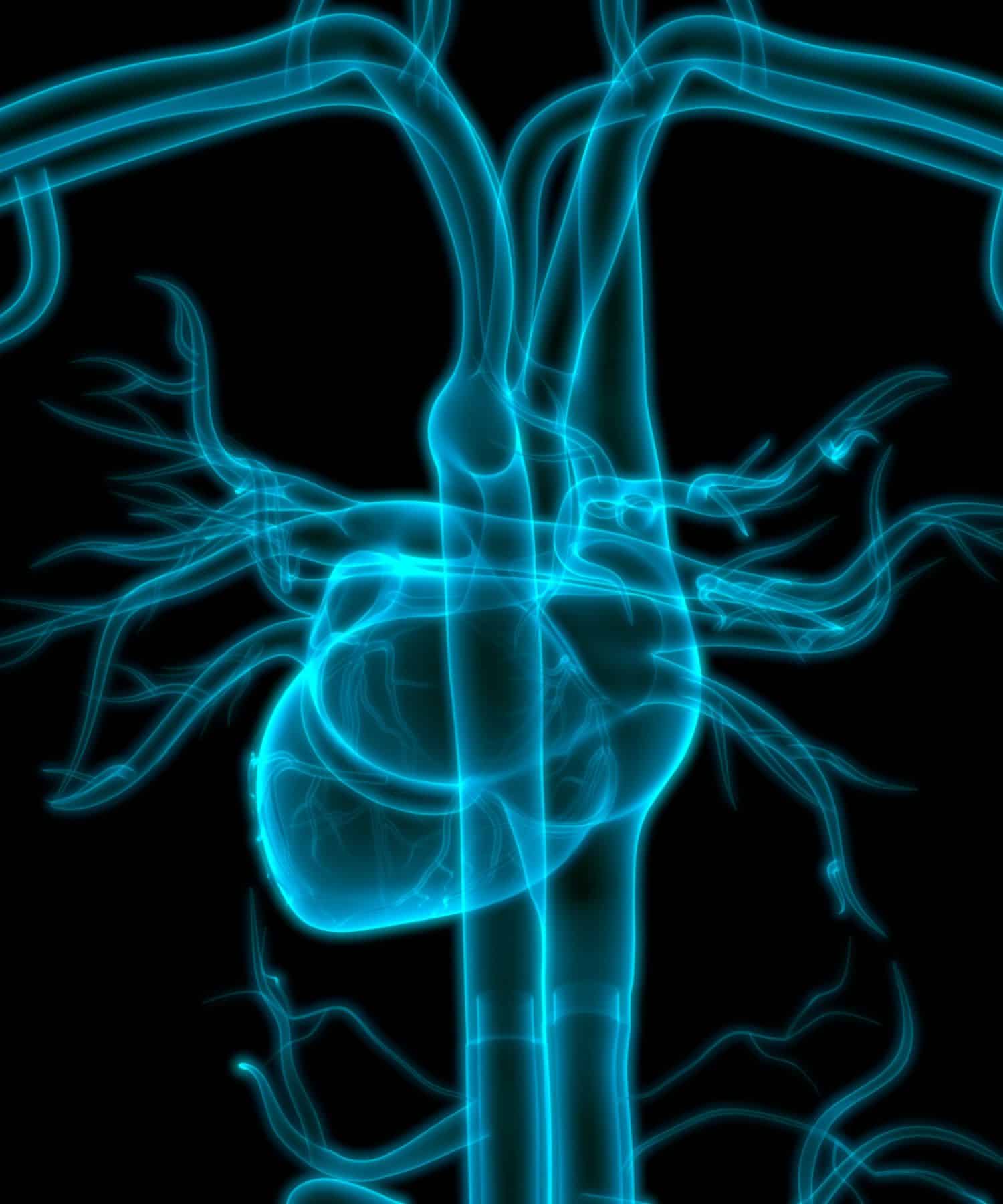

Arrhythmias
During pregnancy, the heart beats faster. This is called Sinus Tachycardia, and is a normal physiological response of pregnancy. However during pregnancy, an abnormal heart rhythm (arrhythmia) can develop that requires prompt treatment to restore the normal heart rhythm back to baseline.
Pulmonary Hypertension
Pregnancy is not recommended in women with pulmonary arterial hypertension (PAH). However, with those patients who do become pregnant, management of PAH throughout the pregnancy by a multidisciplinary team is imperative. There is a higher risk of right heart failure, and mortality, particularly in the first 4 weeks after delivery. There is also a higher likelihood that babies born to women with PAH, will be premature, and are typically delivered during gestational weeks 32-36 weeks.
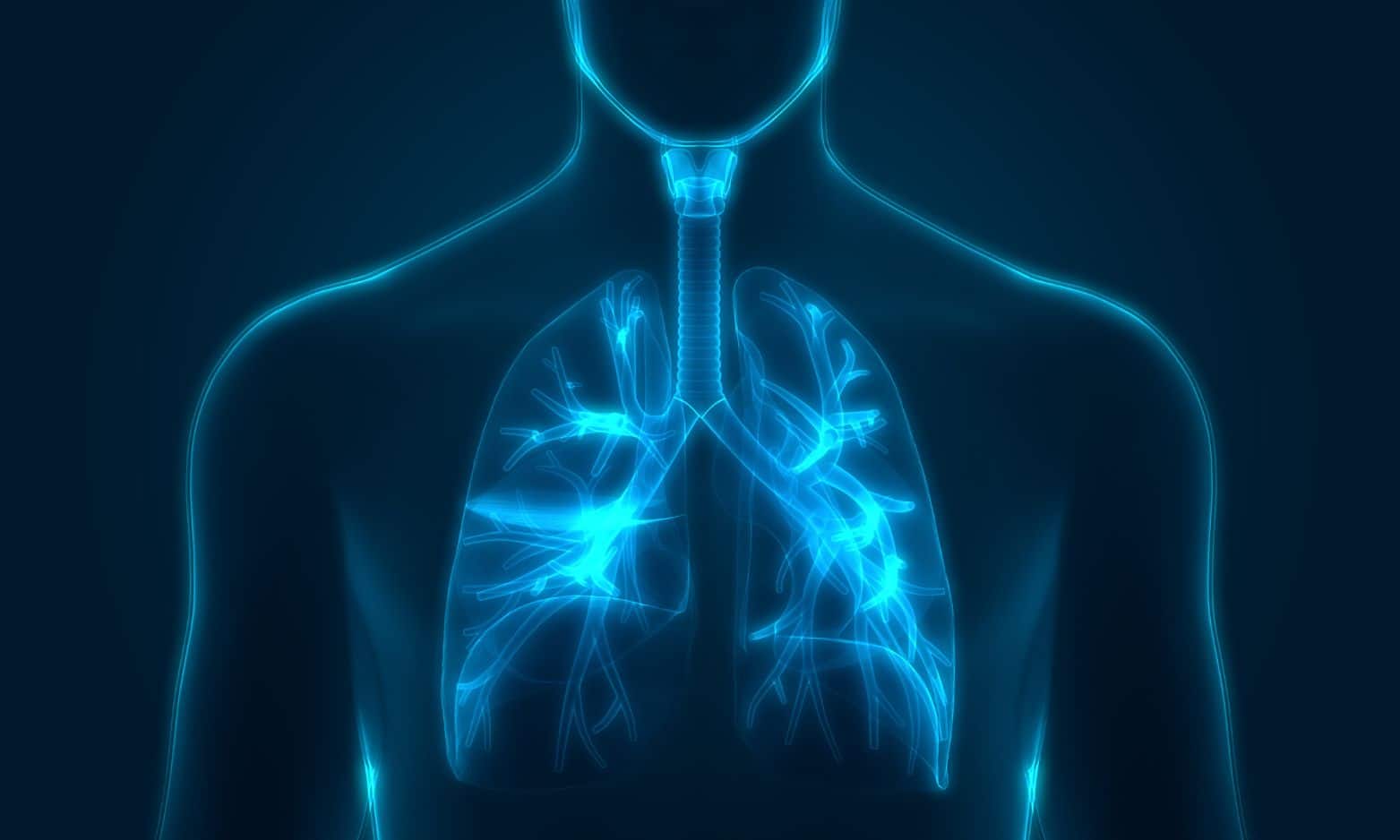

Frequently Asked Questions
Peripartum cardiomyopathy (PPCM) is a type of cardiomyopathy that develops in the final month of pregnancy or up to 5 months into the post-partum period, whereby the cardiac chambers enlarge and the heart muscle weakens. This means the contractility of the heart is reduced, pumping less blood out of the heart with each heart beat. Much of this blood backs up into the lungs, abdomen or lower extremities, causing shortness of breath, abdominal fullness, leg swelling and weight gain. Unfortunately some of these symptoms can overlap and be confused with symptoms related to the third trimester of pregnancy, and therefore delay diagnosis and treatment.
Peripartum cardiomyopathy is sometimes referred to as post-partum cardiomyopathy or pregnancy-associated cardiomyopathy. These are synonymous terms.
In the United States, Peripartum Cardiomyopathy is diagnosed in 1 in every 1000 to 4000 deliveries. It has a higher incidence in certain countries, such as Nigeria, and Haiti. It remains rare in Canada, but the numbers are increasing over time as awareness of this cardiomyopathy improves.
Peripartum cardiomyopathy is a serious and life-threatening condition that can lead to permanent left ventricular dysfunction if not managed appropriately. Management involves working closely with your cardiologist, obstetrician, and a team of specialists to monitor your health. Those who have a weaker left ventricular function at the time of diagnosis, are at higher risk of complications, and therefore require closer follow up and monitoring.
If the diagnosis occurs late in pregnancy, options surrounding the safest delivery method will be carefully planned using a multidisciplinary team approach, factoring in the possibility of a premature birth. Management of heart failure, including medications that are safe during pregnancy and/or during the breast-feeding stage, will also be carefully outlined and prescribed.
Fortunately, peripartum cardiomyopathy is one of the few cardiomyopathies with a higher likelihood of recovery with prompt medical attention and care from your cardio-obstetrics and advanced heart failure team.
References: Berg CJ, Callaghan WM, Syverson C, Henderson Z. Pregnancy-related mortality in the United States, 1998 to 2005.Obstet Gynecol. 2010; 116:1302–1309.
Still have a question about cardio-obstetrics? Speak to your doctor about a referral to the Chahal Cardiovascular Centre for a Cardio-Obstetrics consultation.